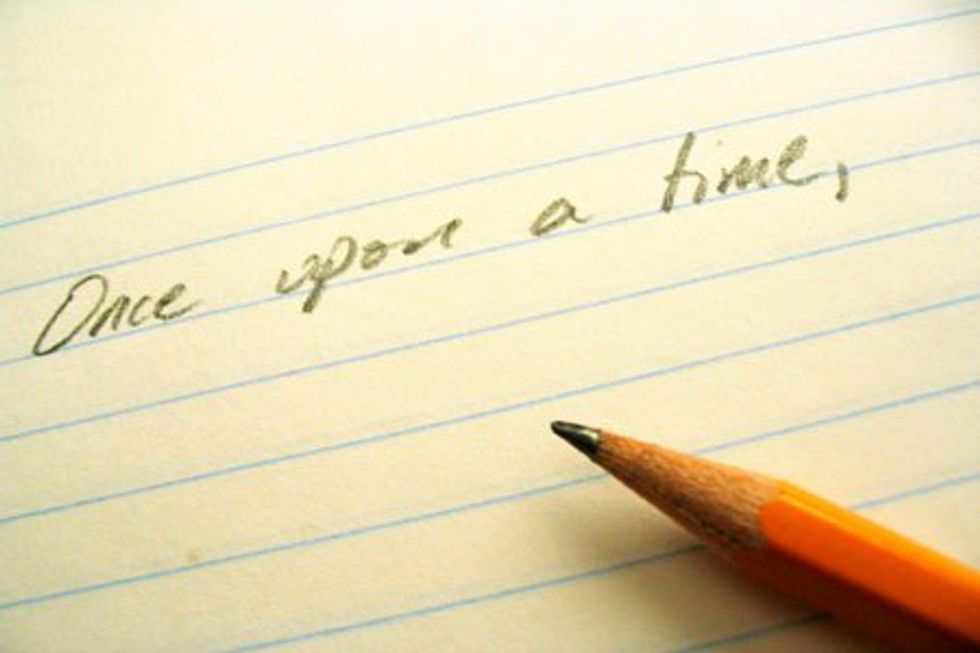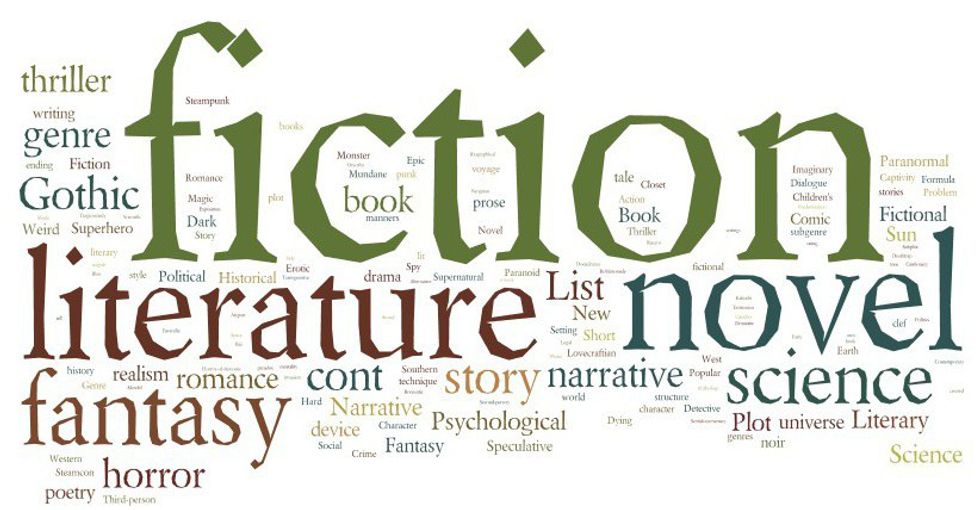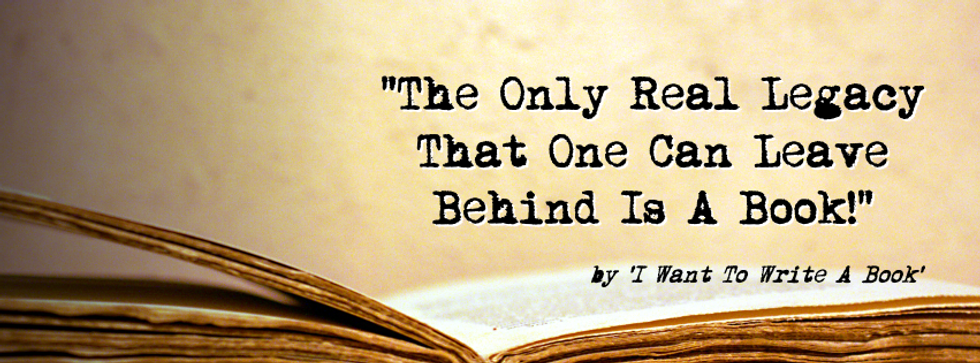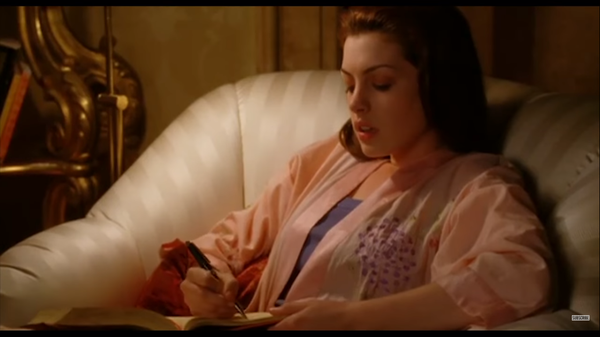Many people say they want to write a book someday, myself included. I have always been actively writing, whether it was for a school paper, a short story, a screenplay, or as of recently weekly articles for Odyssey. In those circles I am relatively practiced. One thing, however, that I had never committed to actually doing was sitting down and writing a complete industry standard novel. I have never believed that I could get published and self-publication to me seemed a bit of a cop out and one that I could not afford. All the same I had and have a constant stream of plot lines flowing in my head, characters developing, dialogues unfolding. They may not all be best seller quality ideas but I knew that they were at least worth putting to paper if for no one else but for me.
So I did it. I chose which of my many story concepts I wanted to write about and I sat down and began typing away. This was only after several prompts from my very supportive grandfather who patiently listened to all my ideas on long car rides to the VA.
“Why
don’t you write this and get it published?” He’d ask.
“It’s
not good enough to get published.” Was my usual response. However I
finally decided I wouldn’t know until I tried.
Fast forward about nine months and I had my first ever completed novel! 266 pages, 90,100 words just making it a genre standard. It had not been easy and in fact I am still in the editing process of this very same book before it is sent off to a professional editor whom I secured for the project. Along the way I learned a lot of things about writing a book that I believe will make my second go around much easier. I want to share the following tips with all of my fellow aspiring authors that may be ready to start their own first published piece of work:
Lesson 1. Know your genre
Before I even started writing the book which I had the concept for, I wanted to see what other authors in my genre were doing to drive their plots along. The book I was preparing to write fit best with military thrillers. Tom Clancy being the leader in that particular genre, I chose to pick up a few of his works in order to get a firm grasp of what drove the action sequences. How did he effectively jump between different locations in one chapter? Things like that which keep the story riveting yet intelligent. That is the challenge of this genre, action yet nuance. I also took some time to see what publishing companies usually handled novels within the genre and what their recommended word count was. Word count is actually the consideration above page counts as it gives a more accurate representation of the total length.
Lesson 2. Prioritize and Execute
A
lot of people start novels yet never finish them unfortunately. This
is because they try to write too much too fast and ultimately get
burnt out. I was the same way when I started. I felt like I needed to
finish a chapter everyday, but I never had a conceivable idea how
long that chapter might be. I finished three chapters before taking
two months off completely from writer's block, mental fatigue, and the
call of other projects. One day while listening to Jocko Podcast, the
former Navy SEAL and host detailed the writing process that he
followed while working on his book. He said that no matter what he
would ensure that every single day to write 1,000 words. Writer's
block be damned- 1,000 words was owed and it would be payed! I thought
that was neat concept so I tried it out. I picked up my laptop and
began typing 1,000 words. Within less than an hour I was finished and
felt like I’d made a serious dent in my story. I still continue
with this technique to this day.
Lesson 3. Finish before Edit
It’s
tempting for many of us to re read every single sentence we type to
ensure that it is the most perfect thing that has ever been put to
paper. The fact is that it isn’t and is not going to be for a long, long time. Every time I finished a chapter I wanted to read it and
make any and all grammar corrections, rework my sentences or
completely scrap the entire chapter. That is not the most effective
way of writing a book and ultimately you may find yourself becoming
dissuaded from even finishing the story. What I ultimately chose to
do was to completely finish the book and only look back to my earlier
writings as a point of reference for plot lines I’d established (or
if I forgot a character's name). Once your story is completed you will
be able to effectively edit in a more streamlined fashion; keep
in mind you are only editing enough to make your book comprehensible
to the professional editor who will polish it up for the publishing
companies eyes.
Lesson 4. Save on multiple locations!
This was a lesson I knew going into writing my book and yet out of laziness I got into the habit of letting my computer auto-save to my hard drive before powering down instead of utilizing the one drive system, cloud, or even a flash drive. Instead I had an entire piece of work saved one one location and as per “Murphy's Law” something went wrong and my computer crashed taking the entire book with it. Now I’m lucky enough to have a few friends who can pull the book from my hard drive and give it to me on a flash but until then my editing process has been delayed by a few weeks and I have lost valued productivity. So don’t be lazy like me- get a flash drive.
There are many more lesson’s involved with writing a great book that I am sure many of you have experienced or could add and these are only a few highlights of the many different things I learned on my first journey of novelization. The book I mentioned working on is titled “W.H.O” and will hopefully be available sometime next year!
























